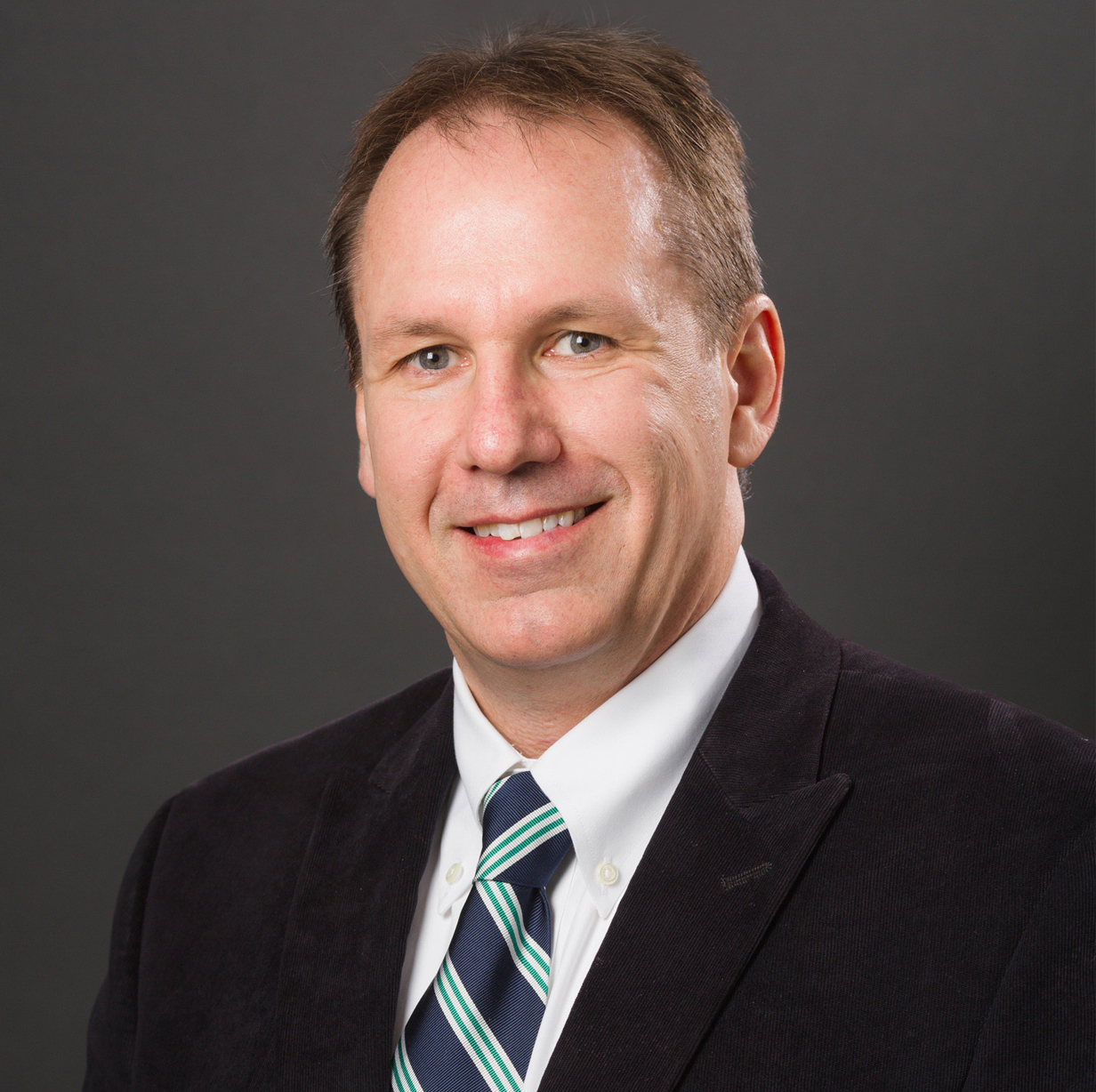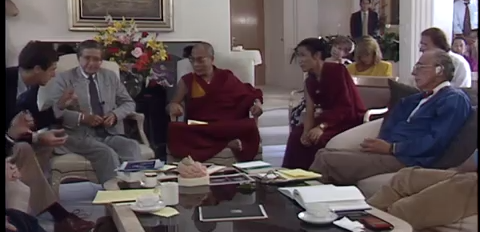This program is not accepting applications in 2022 Think Tank grants of up to $15,000 (USD) are awarded through a competitive application and selection process; these funds support travel, accommodations, general coordination, and other aspects of Think Tanks related to the deliverables. The proposed work should be completed within a 2-year period. Progress reports are …
Search results for:
neuroscience
Mind & Life Podcast
The Mind & Life podcast explores frontiers of contemplative science. Hosted by Science Director Wendy Hasenkamp, each episode dives into fundamental questions that arise through bridging science and contemplative wisdom. How do we understand our minds? What are the mental patterns that shape our experience—how are those patterns created, maintained, and changed? How can contemplative …
Mind & Life Europe
Mind & Life Europe is a non-profit association, based in Switzerland, that bridges contemplative practices with modern research to understand the mind and cultivate the heart. Established in 2008, it operates in geographical Europe. Mind & Life Europe and the Mind & Life Institute have a shared mission to alleviate suffering and promote human flourishing …
Introspective reliability: Synergizing Buddhist and contemporary viewpoints
First-person reports of phenomenological states are the starting point for phenomenology (including Buddhist phenomenology) and the scientific study of consciousness. The vipassana meditation technique, including the Open Monitoring meditation and Mindfulness-Based Stress Reduction (MBSR), both of which are secularized versions of vipassana, are reliant on the reliability of First-person reports of phenomenological states. Nonetheless, the …
Continue reading “Introspective reliability: Synergizing Buddhist and contemporary viewpoints”
Building a new theory of contemplative interactions for healthcare
Clinicians (physicians and nurses) who care for patients with serious illness face significant challenges, both intra-personal and inter-personal, that if unaddressed result in stress, burnout, and exacerbation of patient suffering. Recent developments in contemplative neuroscience and theories of compassion indicate that the time is ripe to build a better understanding of how contemplative practice could …
Continue reading “Building a new theory of contemplative interactions for healthcare”
Philosophical and historical accounts for the neuroscientific investigation of human spirituality
Although human spirituality has long been considered impenetrable to empirical investigation, recent cognitive and affective neuroscience studies have started the neuroscientific exploration of the mental processes and the neural underpinnings underlying spiritual and religious experiences. The scientific investigation of such complex phenomena, however, cannot proceed in the absence of a deep philosophical conceptualization of human …
Michael Crowley
Michael J. Crowley, Ph.D. is an assistant professor at the Yale Child Study Center, is a child psychologist whose work focuses on key questions in social and affective neuroscience. Dr. Crowley earned his doctoral degree in Clinical Psychology from the University of Maryland, College Park in 2004. He completed a child-focused clinical internship through the …
Mind & Life Conversation with the Dalai Lama: Resilience, Compassion, and Science for Healing Today
June 19, 2020, 10:30pm Eastern Daylight Time (June 20, 2020, 8:00am India Standard Time) The Mind & Life Institute was honored to host this special livestream event with His Holiness the Dalai Lama. The program explored insights for individual and collective healing, integrating contemplation, science, and action, helping us to consider how crisis …
1989 Mind & Life Dialogue II
Buddhism and neuroscience have parallel but quite distinct traditions for examining consciousness and its relation to the body. These traditions go back at least 2,500 years to the Buddha and Hippocrates. While both disciplines place great emphasis on experience and reason, their methods of research and verification are radically different. While neuroscience examines mind-brain processes …
Jerome Engel
Jerome Engel Jr. (USA, 1938) received his MD in 1965 and his PhD in Physiology in 1966, both from Stanford University. He is Professor of Neurology, Anatomy and Cell Biology at the UCLA Medical School and a member of the UCLA Brain Research Institute. He has been active in a number of professional societies, including …




